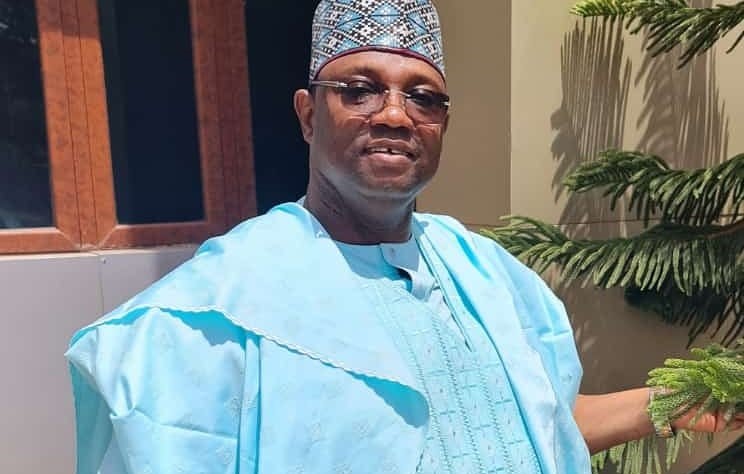Okey Ikechukwu, Executive Director of Development SPECS Academy, and Sani Abdullahi, Chairman of the Zamfara State Miners Association, shared their insights during a Channels TV interview.
Professor Ikechukwu commended the government for the decision, noting that the prolonged ban had unintended consequences. “The ban, in my view, achieved nothing. For five years, we witnessed only unearned income for the government and illegally earned income for criminals plundering our resources,” he remarked. He also emphasised the critical need for environmental regulation and community safety, pointing to past issues like lead poisoning and exploitation of mining communities.
Abdullahi highlighted the challenges miners faced during the ban. “Licensed miners were forced out, leaving the field to non-state actors and criminal elements. These informal miners exploited minerals like gold, lithium, and copper, escalating insecurity in the process.” He expressed hope that recent measures, such as deploying mining marshals and forest guards, would provide the necessary security for licensed miners to resume operations.

While the government’s new initiatives, including the establishment of mining marshals, signal a step in the right direction, both experts raised concerns about the sustainability and effectiveness of these measures. “Bandits will not clap for the government; they may retaliate in unexpected ways,” warned Ikechukwu, urging the government to deploy high-calibre surveillance drones and strengthen security forces.
Abdullahi echoed these sentiments but remained optimistic. “The new policies, supported by conventional security agencies, will help curb criminal elements. Government efforts, including artificial intelligence and technological advancements, are being utilised to ensure safety in mining communities.”

The implications of lifting the ban extend beyond the mining sector. For communities in Zamfara, where mining is a major livelihood, the move could bring economic revitalisation. However, safety concerns remain paramount, with lingering fears of bandit retaliation and the need for robust security measures to prevent a resurgence of criminal activity.
The lifting of the mining ban comes as part of broader government efforts to tackle insecurity while boosting revenue from the solid minerals sector. However, its success depends on a fine balance of economic policy, security enforcement, and community engagement.
As the dust settles, miners and stakeholders are cautiously optimistic about the future, hopeful that this new chapter will usher in sustainable growth for Zamfara State and the Nigerian mining sector at large.

